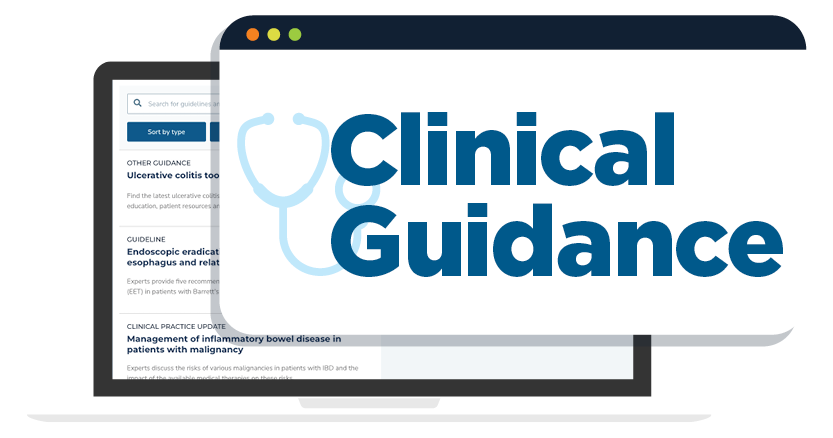1. Lifestyle modification using diet and exercise to achieve weight loss is beneficial for all patients with nonalcoholic fatty liver disease (NAFLD).
2. Among patients with nonalcoholic steatohepatitis, weight loss ≥5% of total body weight can decrease hepatic steatosis, weight loss ≥7% of total body weight can lead to nonalcoholic steatohepatitis resolution, and weight loss ≥10% of total body weight can result in fibrosis regression or stability.
3. Clinically significant weight loss generally requires a hypocaloric diet targeting 1200-1500 kcal/d or a reduction of 500-1000 kcal/d from baseline.
4. Adults with NAFLD should follow the Mediterranean diet, minimize saturated fatty acid intake specifically red and processed meat, as well as limit or eliminate consumption of commercially produced fructose.
5. A hypocaloric diet should be implemented for patients with lean NAFLD (body mass index 26 kg/m2 non-Asian or body mass index 24 kg/m2 Asian) with a lower target weight-loss threshold of 3-5%, as they experience similar histologic benefits for steatosis and nonalcoholic steatohepatitis as patients with overweight or obese NAFLD.
6. The effect of other specific hypocaloric diets, such as low-carbohydrate/high-protein diets, meal replacement protocols, intermittent fasting, and vitamin supplementation, on histologic NAFLD end points have not been studied adequately to support their routine use in NAFLD-specific treatment.
7. Regular physical activity should be considered for patients with NAFLD, with a target of 150-300 minutes of moderate-intensity or 75-150 minutes of vigorous-intensity aerobic exercise per week. Resistance training exercise can be complementary to aerobic exercise and can have independent effects on NAFLD. The impact of exercise on NAFLD can enhance the positive effect of hypocaloric diet.
8. Patients with NAFLD should be evaluated for coexisting metabolic conditions, such as obesity, diabetes mellitus, hypertension, dyslipidemia and cardiovascular disease. These comorbidities should be managed aggressively.
9. Alcohol consumption should be restricted or eliminated from the diets of adults with NAFLD.
10. Sarcopenia is commonly observed in patients with nonalcoholic steatohepatitis cirrhosis. This group might require specialized dietary and activity management.












